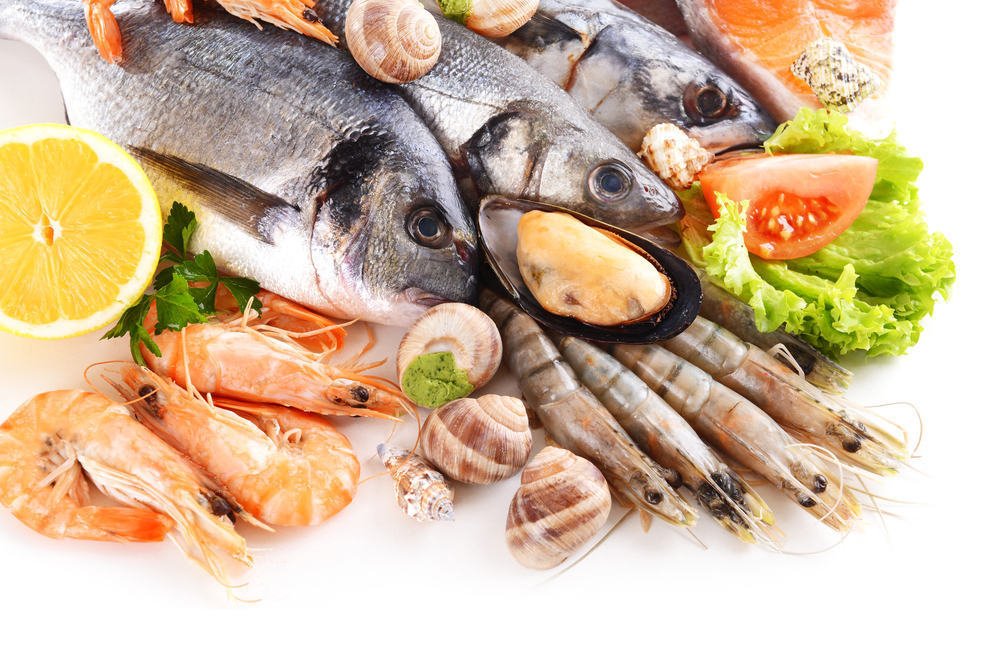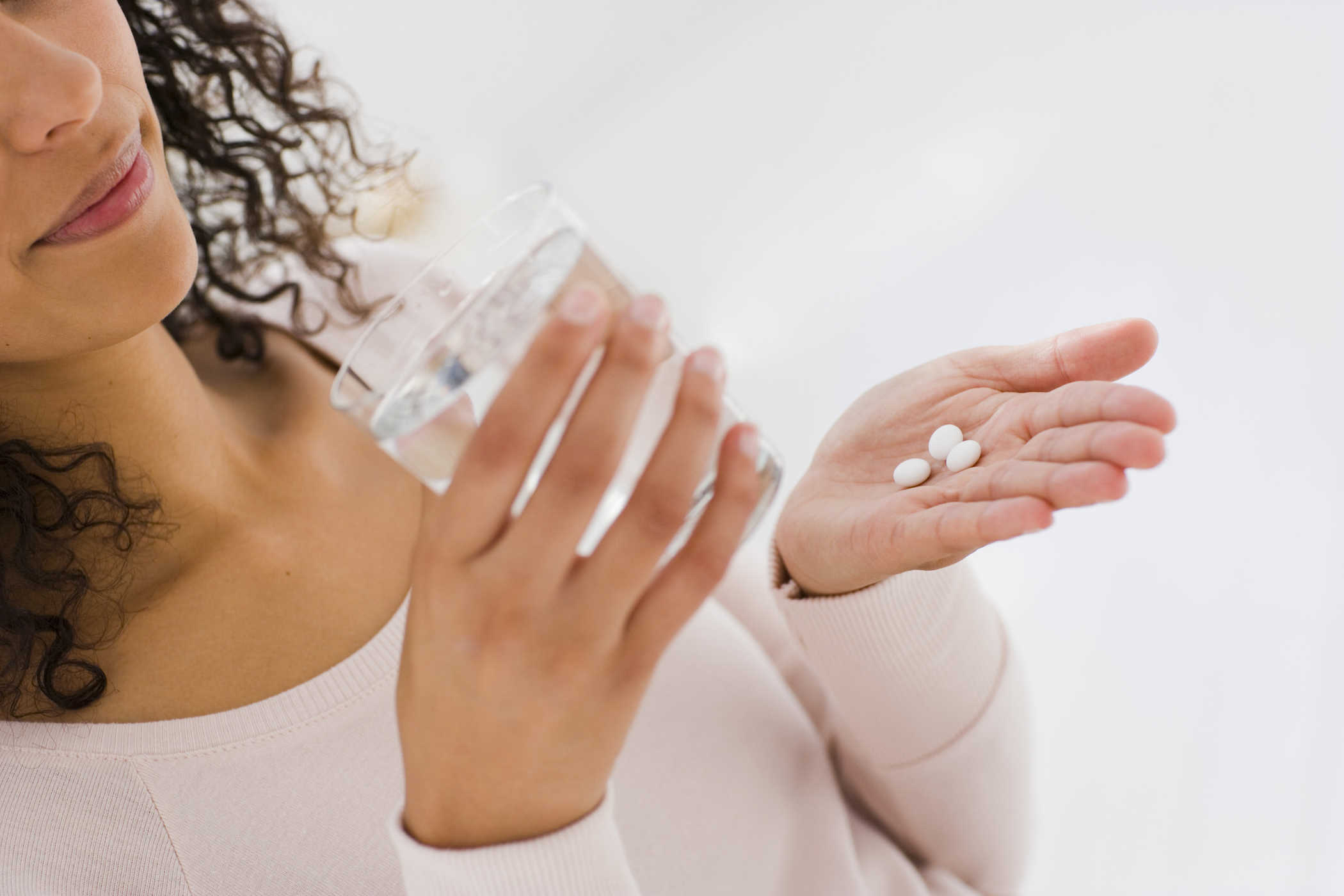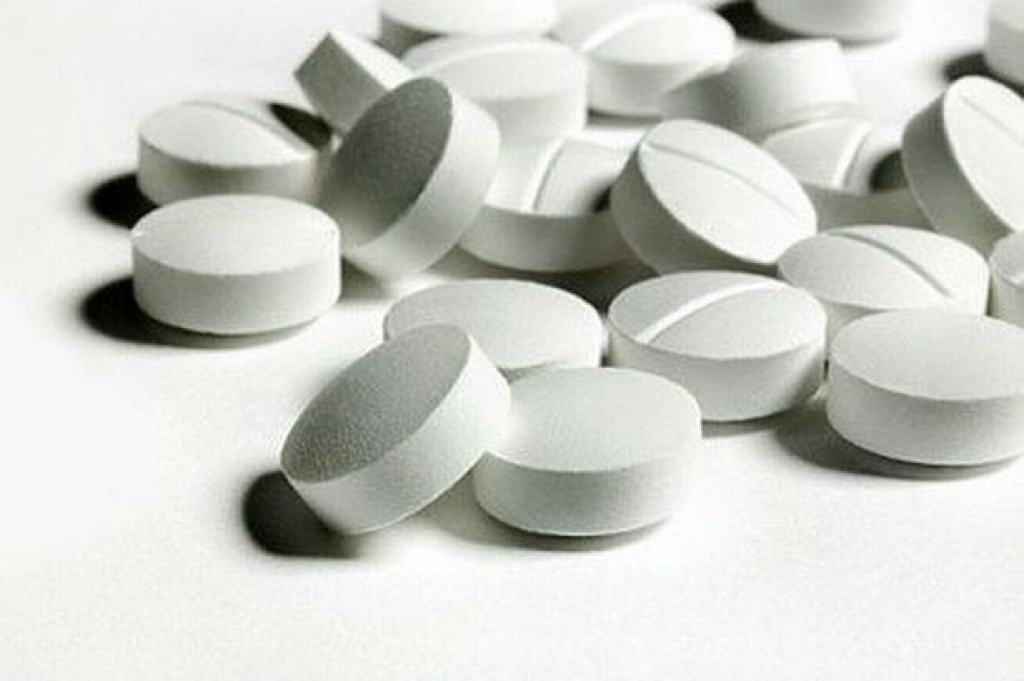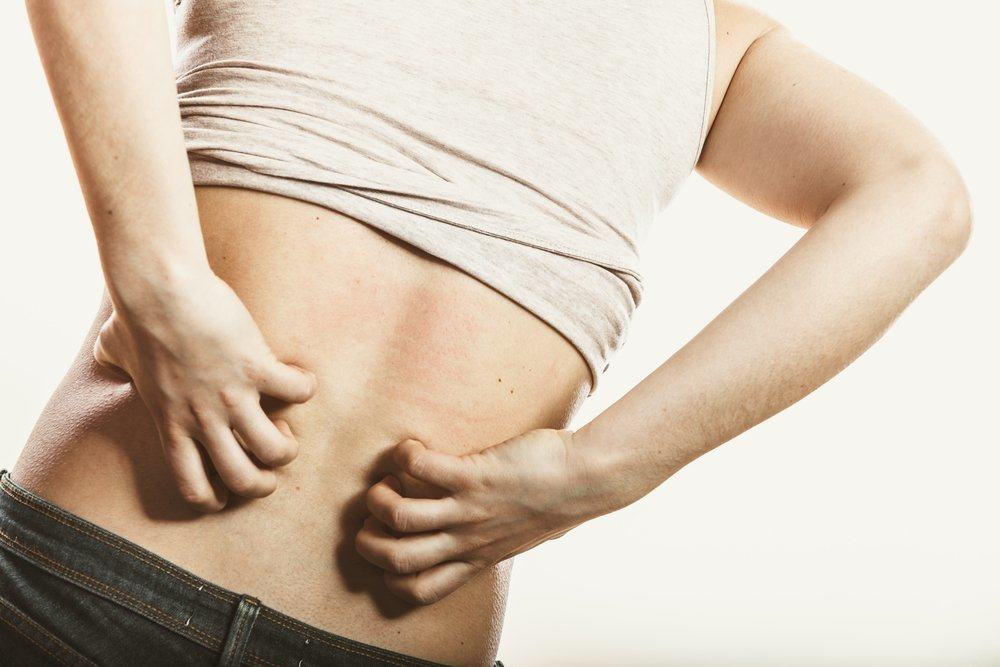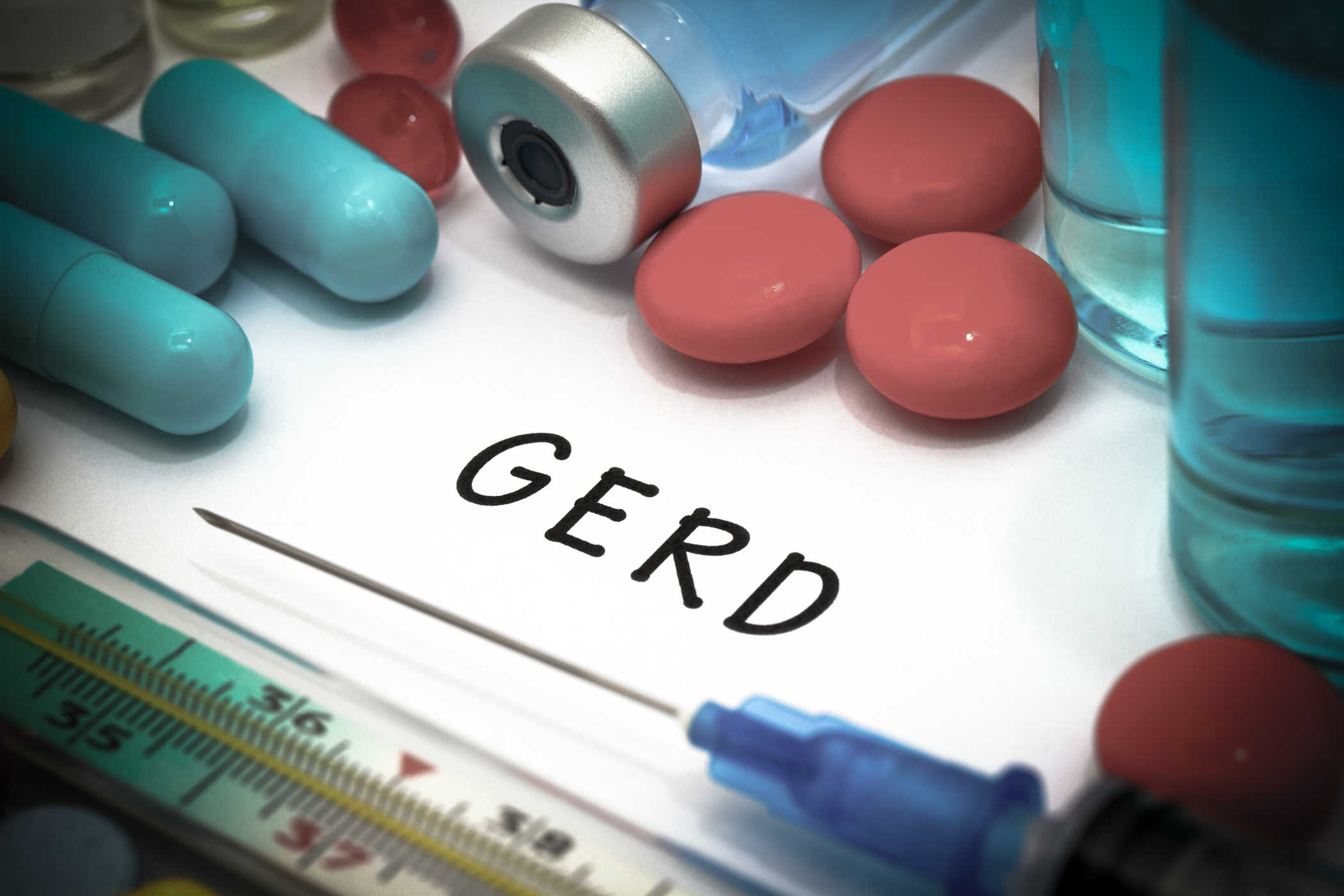Contents:
- Medical Video: Is Crab and Other Seafood Safe to Eat During Pregnancy
- Can you eat seafood while pregnant?
- What types of seafood should be avoided by pregnant women?
- How to eat seafood that is safe during pregnancy?
Medical Video: Is Crab and Other Seafood Safe to Eat During Pregnancy
Many people in Indonesia may still have confidence in some foods that should be avoided during pregnancy, such as fish. Some people believe that eating fish during pregnancy will make their child smell fishy. However, it is only a hereditary belief that cannot be scientifically proven. Scientifically, precisely fish are needed during pregnancy as a source of protein that is very necessary for fetal growth and development.
Indeed there are several types of fish that must be limited to consumption. This is because certain types of fish contain high mercury which can harm the fetus, not because the fish causes the child to smell fishy. In addition, how to cook fish must also be considered. Pregnant women should avoid eating raw fish or perfectly immature fish because they may still contain bacteria that can harm the fetus and pregnant women.
Can you eat seafood while pregnant?
If you limit what foods you have to eat, this can actually narrow down your choices and food intake. Pregnant women must eat a variety of healthy foods. Fish or seafood is one nutrient-rich food, and pregnant women must add it to their intake.
Pregnant women are allowed to eat seafood. Although not all seafood is safe for pregnant women, seafood contains nutrients that are needed by pregnant women. Seafood, such as fish and shellfish, is a source of protein, iron, and zinc which is very necessary for fetal growth and development. Women's iron and protein needs increase during pregnancy compared to before pregnancy to support baby's growth, physical changes in pregnant women, and also to help prevent anemia during pregnancy.
In addition, seafood also contains omega-3 fatty acids, including docosahexanoic acid (DHA), which is very necessary for baby's brain development, especially in the third trimester where the baby's brain growth takes place very quickly. Omega-3 in seafood can also reduce bleeding and the risk of premature babies. Fish-rich diets can also reduce the risk of heart disease by reducing blood clots and triglyceride levels (blood fats) and lowering blood pressure if you have pre-existing high blood pressure.
But some types of seafood, such as predatory fish, contain high levels of mercury. Mercury can accumulate in your bloodstream over time. Too much mercury in the bloodstream can damage the development of the brain and the baby's nervous system. Therefore, choose the type of seafood that does not contain high mercury, especially when pregnant.
The American Food and Drug Administration (FDA) recommends pregnant women eat at least 8-12 ounces (340 grams) or about 2-3 servings per week of various types of seafood that are low in mercury.
What types of seafood should be avoided by pregnant women?
Although seafood has many benefits, you must avoid certain types of seafood during pregnancy. Some types of seafood contain high levels of mercury and fish that live in polluted lakes or rivers can also contain dangerous chemicals. Avoid eating this type of fish or seafood. Mercury can damage the brain, kidneys and the development of the fetal central nervous system. Mercury can penetrate the placenta and can harm the fetus. To be safe you should avoid or limit consumption of certain types of seafood during pregnancy.
Types of seafood eaten at least 8-12 ounces per week are tilapia, cod, salmon, crabs, shrimp, sardines, tuna and shellfish.
The types of seafood that must be avoided are shark, swordfish, king mackerel fish, tilefish, marlin, and raw fish, such as sushi and sashimi.
How to eat seafood that is safe during pregnancy?
Although mercury can harm the development of the baby's brain, eating seafood containing low levels of mercury with an average amount during pregnancy has not been proven to cause problems. As long as you avoid eating seafood that is known to contain high mercury or contaminated with pollutants, eating seafood can be part of your healthy food intake during pregnancy.
Some tips to keep eating seafood safely during pregnancy include:
- Avoid large fish or predatory fish, such as sharks, king mackerel, or swordfish to avoid high mercury exposure.
- Also avoid eating raw fish or shellfish. Raw fish and shellfish contain bacteria or viruses that can harm you and your fetus.
- Cook seafood until it's perfectly cooked. Cook fish or other seafood with an internal temperature of 63 ° C to reduce the risk of food poisoning. The fish is cooked until it changes color and the meat can be separated. Cook shrimp and lobster until the meat changes color to a little whitish. Cook the clams and oysters until the shell is open and remove the clams or oysters whose shells are not open.
- Choose fresh fish with good quality with the characteristics of having clear eyes, intact scales, the aroma of fresh salt water, chewy meat or reappearing after being pressed, cold temperatures (below 4 ° C) with no ice crystals. Place the fish in the freezer if not cooked immediately.
READ ALSO
- List of Foods to Avoid Pregnant Women
- Do Pregnant Women Need to Drink Pregnant Milk?
- Ingredients in cosmetics that should be avoided by pregnant women

